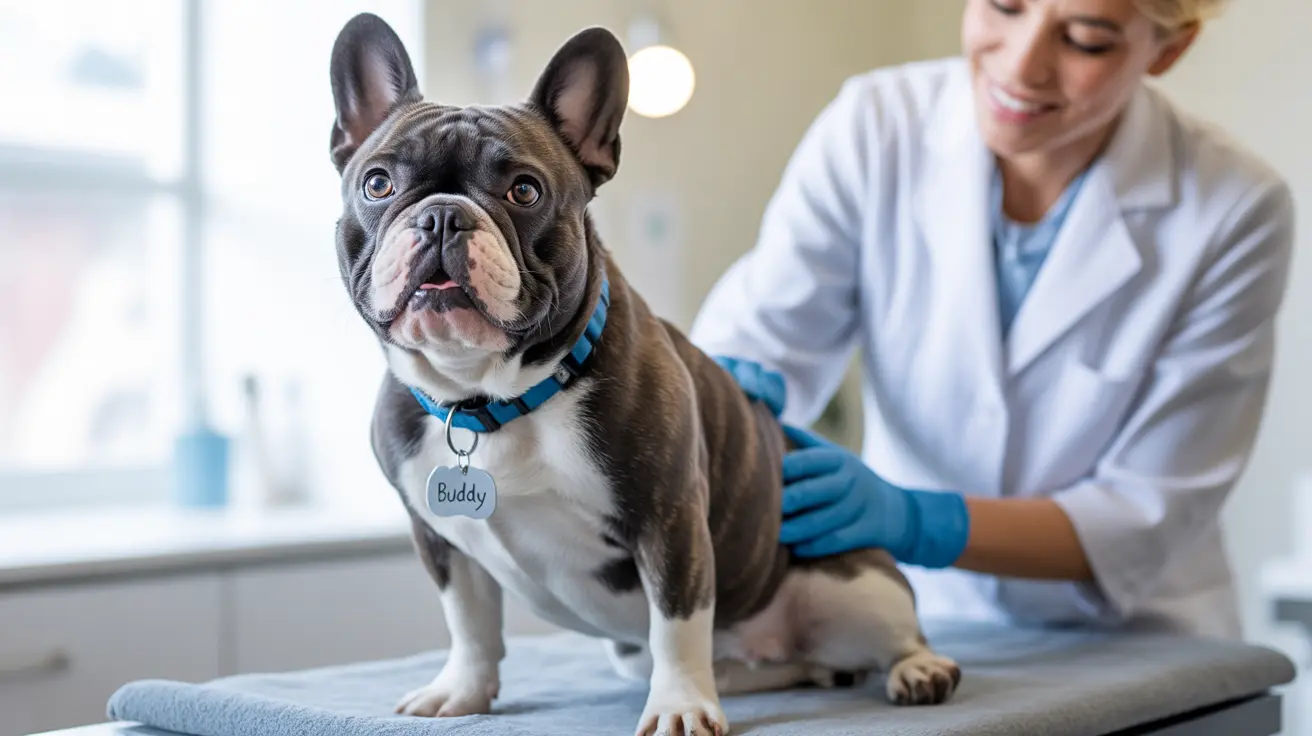If you've noticed an unpleasant fishy odor coming from your female dog, you're not alone. This common issue can be concerning for pet owners and often indicates an underlying health condition that requires attention. Understanding the causes and solutions is crucial for maintaining your dog's health and comfort.
In this comprehensive guide, we'll explore the various reasons behind fishy odors in female dogs and provide effective solutions to address this uncomfortable problem. From medical conditions to preventive measures, you'll learn everything you need to know to help your furry friend.
Common Causes of Fishy Odor in Female Dogs
Anal Gland Issues
The most common cause of fishy smells in dogs is problematic anal glands. These small sacs located on either side of your dog's anus normally empty during defecation, but when they become impacted or infected, they can produce a distinct fishy smell. Regular expressing of these glands by a veterinarian or professional groomer may be necessary.
Vaginal Infections and Conditions
Female dogs can develop vaginitis or other reproductive tract infections that produce fishy odors. This is particularly common in unspayed females and may be accompanied by discharge or irritation. These conditions require proper veterinary diagnosis and treatment.
Urinary Tract Infections
UTIs are more common in female dogs due to their shorter urethras. Along with a fishy smell, watch for frequent urination, accidents in the house, or signs of discomfort while urinating. These infections require antibiotic treatment prescribed by a veterinarian.
Professional Treatment Options
Veterinary Examination
The first step in addressing a fishy smell is getting a proper diagnosis from your veterinarian. They can determine whether the odor is coming from anal glands, a vaginal infection, or another source, and prescribe appropriate treatment.
Medical Interventions
Depending on the cause, treatment may include:
- Antibiotics for infections
- Professional anal gland expression
- Medicated washes or treatments
- Surgery in severe cases (such as pyometra)
Home Care and Prevention
Regular Hygiene
Maintain your dog's cleanliness with regular grooming and cleaning of the affected areas. Use pet-safe wipes recommended by your veterinarian, especially after bathroom breaks.
Dietary Adjustments
Consider switching to a high-fiber diet to help with anal gland expression, or changing protein sources if fish-based foods are contributing to the odor. Always consult your vet before making significant dietary changes.
Preventive Measures
Regular veterinary check-ups, maintaining a healthy weight, and proper hygiene can help prevent many conditions that cause fishy odors. For unspayed females, consider spaying to prevent reproductive tract issues.
When to Seek Emergency Care
Seek immediate veterinary attention if you notice:
- Severe or sudden onset of fishy odor
- Bloody or purulent discharge
- Signs of illness such as lethargy or fever
- Excessive licking or obvious discomfort
Frequently Asked Questions
What are the most common causes of a fishy smell in female dogs?
The most common causes include anal gland problems, vaginal infections, urinary tract infections, and skin conditions. Anal gland issues are particularly frequent and often require professional attention.
How can I identify and address anal gland issues causing a fishy smell in my dog?
Look for scooting behavior, excessive licking of the anal area, and a distinct fishy odor. Have a veterinarian examine and express the anal glands if needed, rather than attempting this at home.
What are the signs of vaginitis in female dogs, and how is it treated?
Signs include discharge, redness, swelling, and a fishy odor. Treatment typically involves antibiotics prescribed by a veterinarian and may include medicated wipes for external cleaning.
How can I prevent urinary tract infections that might cause a fishy smell in my female dog?
Ensure your dog has frequent bathroom breaks, access to fresh water, and maintain good hygiene. Regular veterinary check-ups can catch UTIs early before they become serious.
What steps can I take to reduce or eliminate a fishy smell from my female dog's diet and environment?
Consider switching to non-fish-based food, maintain regular grooming schedules, keep living areas clean, and address any underlying health issues with your veterinarian's guidance.
Remember, while some home care measures can help, persistent fishy odors should always be evaluated by a veterinarian to ensure proper treatment and your dog's continued health and comfort.






